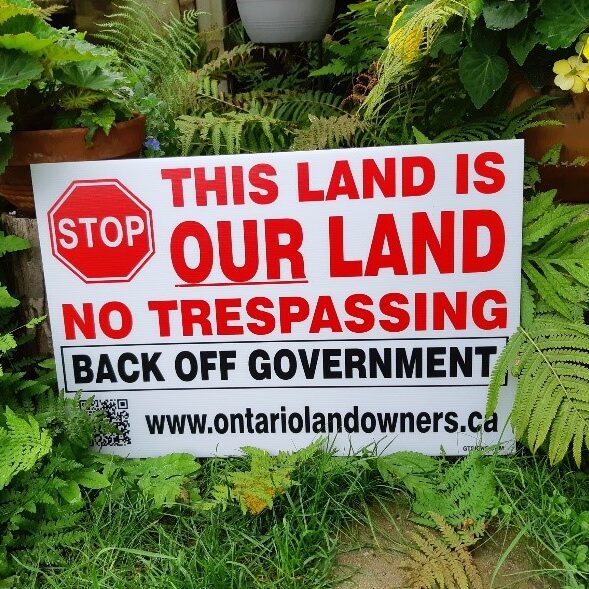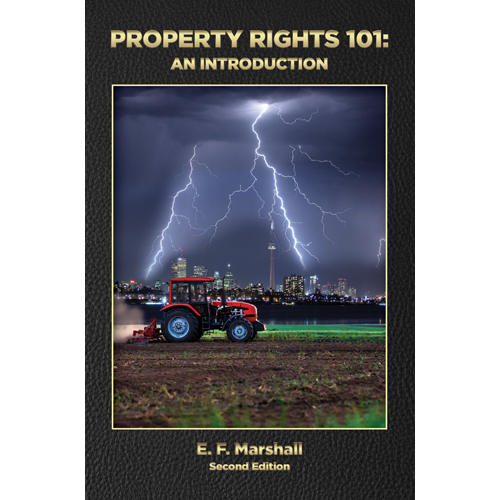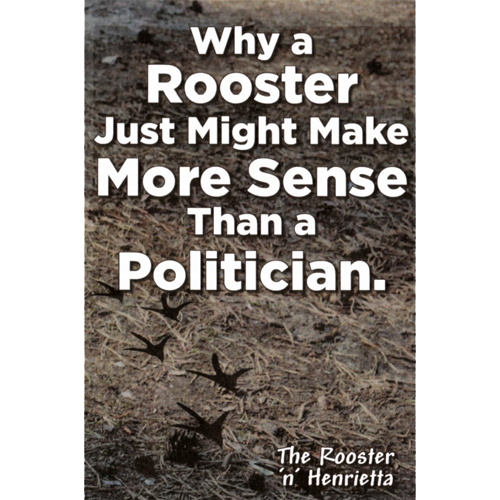Municipality’s Trespass Notice Trespasses Citizen’s Freedom of Expression
- 2018-04-01
- By admin
- Posted in Latest News
Municipalities and other public bodies are charged with making decisions which have wide-reaching impacts across broad swaths of society. They are often mandated to do so, explicitly or implicitly, in the public interest, and in a free, open, and democratic manner. Frequently, such decisions involve matters of some controversy among the constituents who will be affected by or interested in the outcome. As a result, Council and Board deliberations, debates, and decisions are subject to considerable public scrutiny and, often, criticism. Concerned citizens might lobby councillors or board members by letter or email; they might attend open meetings to make representations or pose difficult questions; they might even take to protest. Councillors, board members, or staff might find these actions by citizens to be disruptive or even intimidating. While some individuals and their actions may be viewed as a nuisance, others can come across as threatening. When the actions give rise to concerns about safety or disruption of the process, the question arises what public bodies should and should not do to manage perceived “troublemakers” or threats.
In a decision released on August 25, 2017, Bracken v. Fort Erie (Town), 2017 ONCA 668, the province’s top court, the Court of Appeal for Ontario, explained how issuing a “Trespass Notice” under the Trespass to Property Act, R.S.O. 1990, c. T.21 may not be an appropriate solution. The issue, the Court held, is that such a drastic action by the public body may be an unconstitutional breach of an individual’s freedom of expression.
In Bracken, the appellant, a self-described citizen journalist, challenged a Trespass Notice issued by the municipality in response to his protest of a proposed municipal by-law. The appellant’s protest was peaceful, but loud and apparently disturbing to some municipal staff who observed the appellant marching back and forth in front of town hall, expressing his views regarding the proposed by-law with the use of a megaphone. The municipality’s Chief Administrative Officer called the police, had the appellant arrested, and issued a Trespass Notice preventing the appellant from entering certain municipal properties for one year, which included preventing him from attending council and other committee meetings that are open to the public and he would otherwise have been entitled to attend.
The Court of Appeal reversed the lower court decision, which had dismissed the appellant’s challenge to the Trespass Notice.
Justice Miller, writing for the Court of Appeal, concluded:
- The appellant’s protest was a form of expression protected by section 2(b) of the Canadian Charter of Rights and Freedoms;
- The appellant’s protest was not violent, nor did it threaten violence, noting – “A person’s subjective feelings of disquiet, unease, and even fear, are not in themselves capable of ousting expression categorically from the protection of s. 2(b)” (para. 49);
- The location of the appellant’s protest in front of town hall “is a place where free expression not only has traditionally occurred but can be expected to occur in a free and democratic society” (para. 54);
- The Trespass Notice had the effect of limiting the appellant’s section 2(b) rights to freedom of expression by preventing him from conveying his message to his intended audience; and
- The limit on the appellant’s section 2(b) freedom of expression could not be justified in a free and democratic society under section 1 of the Charter, as it failed to meet the proportionality branch of the Oakes analysis.
The Court of Appeal cautioned against this type of blanket prohibition approach and the one year ban employed by the municipality in Bracken as being overbroad and arbitrary. The Court suggested alternative approaches that would have had less impact on the appellant’s freedom of expression such as: talking with the appellant and cautioning him not to use the megaphone in the building; asking him to lower the volume if it was disruptive to those working inside; and, asking him to keep a respectful distance from people entering Town Hall (para. 79).
Ultimately, the Court of Appeal quashed the Trespass Notice and made a declaration that the Trespass Notice issued by the municipality violated the appellant’s rights under section 2(b) of the Charter.
For a more thorough review of the issues in this case, please see my full article Bracken v. Fort Erie: How Municipalities Ought Not to Trample Citizens’ Freedom of Expression.
The content contained in this blog is intended to provide information about the subject matter and is not intended as legal advice. If you would like further information or advice on any of the subjects discussed in a blog post, please contact the author, Jacab Danstra
This Article was originally published by Lerners LLP at LERNx: http://www.lerners.ca/lernx/municipalitys-trespass-notice-trespasses-citizens-freedom-of-expression/
Search:
Categories
Archives
- April 2024
- January 2024
- December 2023
- November 2023
- August 2023
- July 2023
- June 2023
- May 2023
- April 2023
- March 2023
- February 2023
- January 2023
- December 2022
- November 2022
- October 2022
- September 2022
- August 2022
- July 2022
- June 2022
- May 2022
- April 2022
- March 2022
- February 2022
- January 2022
- December 2021
- November 2021
- October 2021
- September 2021
- August 2021
- July 2021
- June 2021
- May 2021
- April 2021
- March 2021
- February 2021
- January 2021
- December 2020
- November 2020
- October 2020
- September 2020
- August 2020
- July 2020
- June 2020
- May 2020
- April 2020
- March 2020
- February 2020
- January 2020
- December 2019
- November 2019
- October 2019
- September 2019
- August 2019
- July 2019
- June 2019
- May 2019
- April 2019
- March 2019
- February 2019
- January 2019
- December 2018
- November 2018
- October 2018
- September 2018
- August 2018
- July 2018
- June 2018
- May 2018
- April 2018
- March 2018
- February 2018
- January 2018
- December 2017
- November 2017
- October 2017
- September 2017
- August 2017
- July 2017
- June 2017
- May 2017
- April 2017
- March 2017
- February 2017
- January 2017
- December 2016
- November 2016
- October 2016
- September 2016
- August 2016
- July 2016
- June 2016
- May 2016
- April 2016
- March 2016
- February 2016
- January 2016
- December 2015
- November 2015
- October 2015
- September 2015
- August 2015
- July 2015
- June 2015
- May 2015
- April 2015
- March 2015
- February 2015
- January 2015
- December 2014
- November 2014
- October 2014
- September 2014
- August 2014
- July 2014
- June 2014
- May 2014
- April 2014
- March 2014
- February 2014
- January 2014
- December 2013
- November 2013
- October 2013
- September 2013
- August 2013
- June 2013
- April 2013
- October 2012
- May 2012
- September 2011



